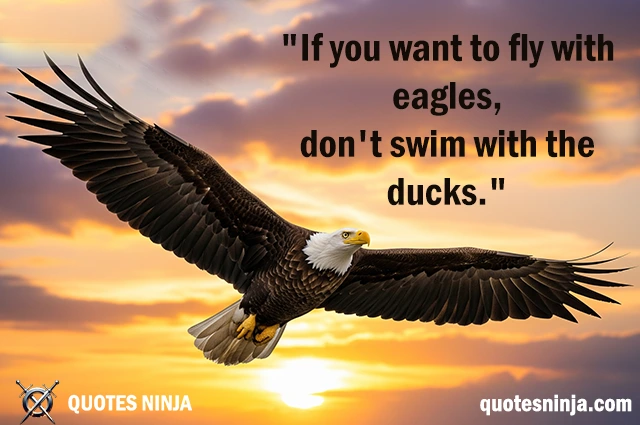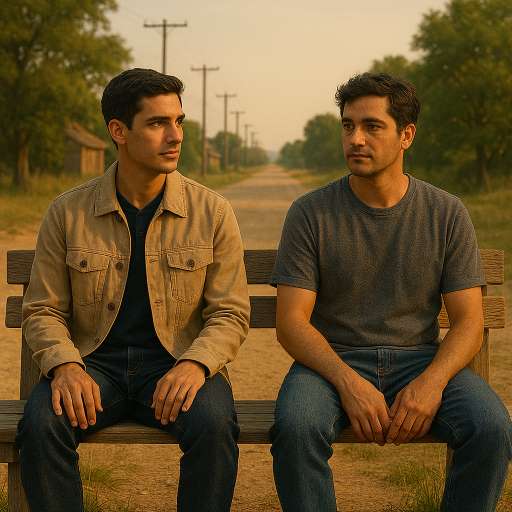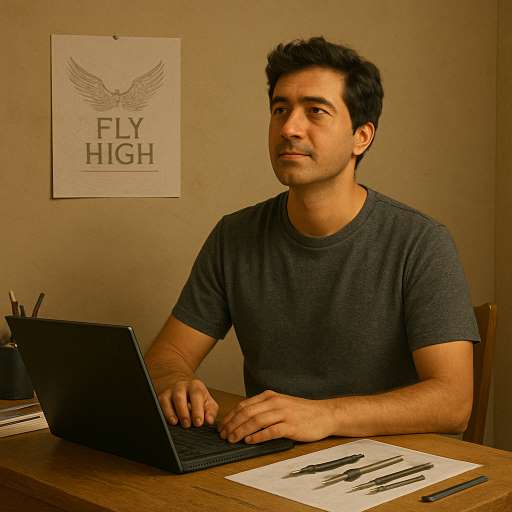
Motivational Quote: “If you want to fly with eagles, don’t swim with the ducks.” is a proverb that emphasizes the importance of associating with people who share your goals and aspirations.
Deeper Meaning of Motivational Quote
The quote “If you want to fly with eagles, don’t swim with the ducks” is a metaphorical way of saying that:
If you aspire to achieve greatness or reach higher levels of success, you need to surround yourself with people who uplift and inspire you—not those who limit your growth.
Breaking it down:
- Eagles symbolize ambition, excellence, leadership, and high standards. They soar high, have vision, and aren’t afraid of challenges.
- Ducks, on the other hand, often represent mediocrity, complacency, or those who prefer to stay in their comfort zone and avoid rising above average.
What it really means:
- If you want to be extraordinary, spend time with extraordinary people.
- Associating with people who lack drive, complain, or settle for less can hold you back.
- Growth happens when you align with those who challenge and elevate you, not those who keep you grounded in comfort or negativity.
In short:
To reach greater heights, be selective about the company you keep. Choose people who fly like eagles.
Here’s a story inspired by Motivational Quote “If you want to fly with eagles, don’t swim with the ducks.”
Motivational Story: “Wings and Ripples“
Ravi and Kunal had been best friends since childhood. Born just a few houses apart in a small town, they spent their early years kicking footballs, skipping school occasionally, and dreaming big. But as they grew older, their paths began to subtly diverge—like a river that splits quietly, heading toward different oceans.

Fork in the Road:
Ravi was always curious. He stayed up late reading books about inventors, entrepreneurs, and world leaders. Whenever their friends gathered to gossip or waste hours playing video games, Ravi would politely excuse himself. “I’ve got a project,” he’d say. At first, Kunal would laugh, patting him on the back. “You’ll burn yourself out, buddy. Take it easy.”
Kunal, on the other hand, preferred the comfort of routine. He was easygoing, popular, and content with doing just enough. While Ravi looked for challenges, Kunal avoided them. “Why stress?” he’d often say. “Life’s short. Enjoy the ride.”

The Late-Night Spark:
Their friendship endured through school, though the cracks began to show. After graduation, Ravi earned a scholarship to a prestigious university in a nearby city. Kunal stayed back, taking up a part-time job and settling into familiar habits.
At first, they stayed in touch regularly. Ravi would call with excitement, talking about late-night coding sessions, startup ideas, and the professors who challenged his thinking. Kunal listened, but gradually, he began to feel like Ravi was changing—flying too high, too fast.

Reunion on the Bench:
One day, during a visit back home, Ravi suggested meeting at the old park bench near the lake. As they sat down, he said, “Kunal, I’m thinking of launching an app. It’s risky, but I believe it could really help rural students access online learning.”
Kunal laughed. “Man, you’re always chasing something. Why don’t you just take a job and relax like the rest of us? Life’s not a competition.”
Ravi smiled, but his voice was calm and clear. “It’s not about competing. It’s about becoming who I’m meant to be. I don’t want to stay in the pond when I know I can fly.”
That moment marked a silent turning point.
As years passed, Ravi’s startup gained attention. It wasn’t easy—he faced failures, financial struggles, and sleepless nights. But he kept going, each setback teaching him something valuable. Eventually, he built a company that made a real difference. His work was featured in magazines, and he was invited to speak at conferences. He never bragged about it, but those who knew him saw his quiet rise.

The Lake and the Eagle:
Meanwhile, Kunal stayed in town. His life wasn’t terrible—he had friends, steady work, and weekends filled with comfort. But deep inside, a quiet unease grew. He’d scroll through social media and see Ravi in photos with leaders, students, and changemakers. Part of him felt proud. Another part whispered, That could’ve been me.
One evening, while sitting by the same old lake, Kunal watched ducks gliding over the surface. They looked peaceful, drifting lazily across the water. But when he looked up, he saw a lone eagle circling high above the hills, wings stretched wide, unbothered by the world below.
He suddenly remembered Ravi’s words: “I don’t want to stay in the pond when I know I can fly.”
Kunal sighed. All this time, he had chosen safety over growth, comfort over courage. It wasn’t that he couldn’t fly—it was that he never tried.

A New Beginning:
The next morning, he did something different. He signed up for an evening course in graphic design—something he’d once been passionate about but had buried under excuses. At first, it was hard. He felt out of place among younger students and doubted himself constantly. But he kept going. For the first time in years, he felt a spark return.
A few months later, he called Ravi. “I’ve started learning again,” he said.
Ravi chuckled. “Told you, you were never a duck.”
Here is the ending of motivational story from the quote “If you want to fly with eagles, don’t swim with the ducks.”
Moral of the Story:
Both Ravi and Kunal began in the same pond. One chose to fly with eagles, embracing discomfort, discipline, and dreams. The other swam with ducks—content, but confined. Yet even then, the choice to rise remained open.
The quote doesn’t just urge you to choose your companions wisely—it reminds you that greatness often lies just beyond comfort, and that who you surround yourself with shapes who you become.
To explore more on stories and dive into related ideas, be sure to check out the other posts where we cover all sort of stories related to quotes. Stay tuned for more…..
To explore more on quote topics, be sure to check out the other topics where we cover all categories of quotes. Stay tuned for more…..

